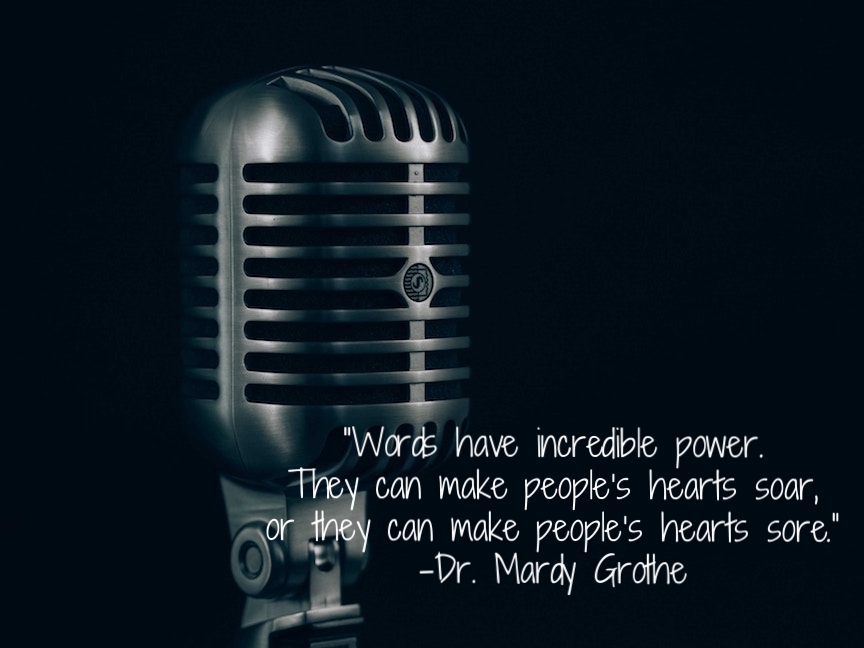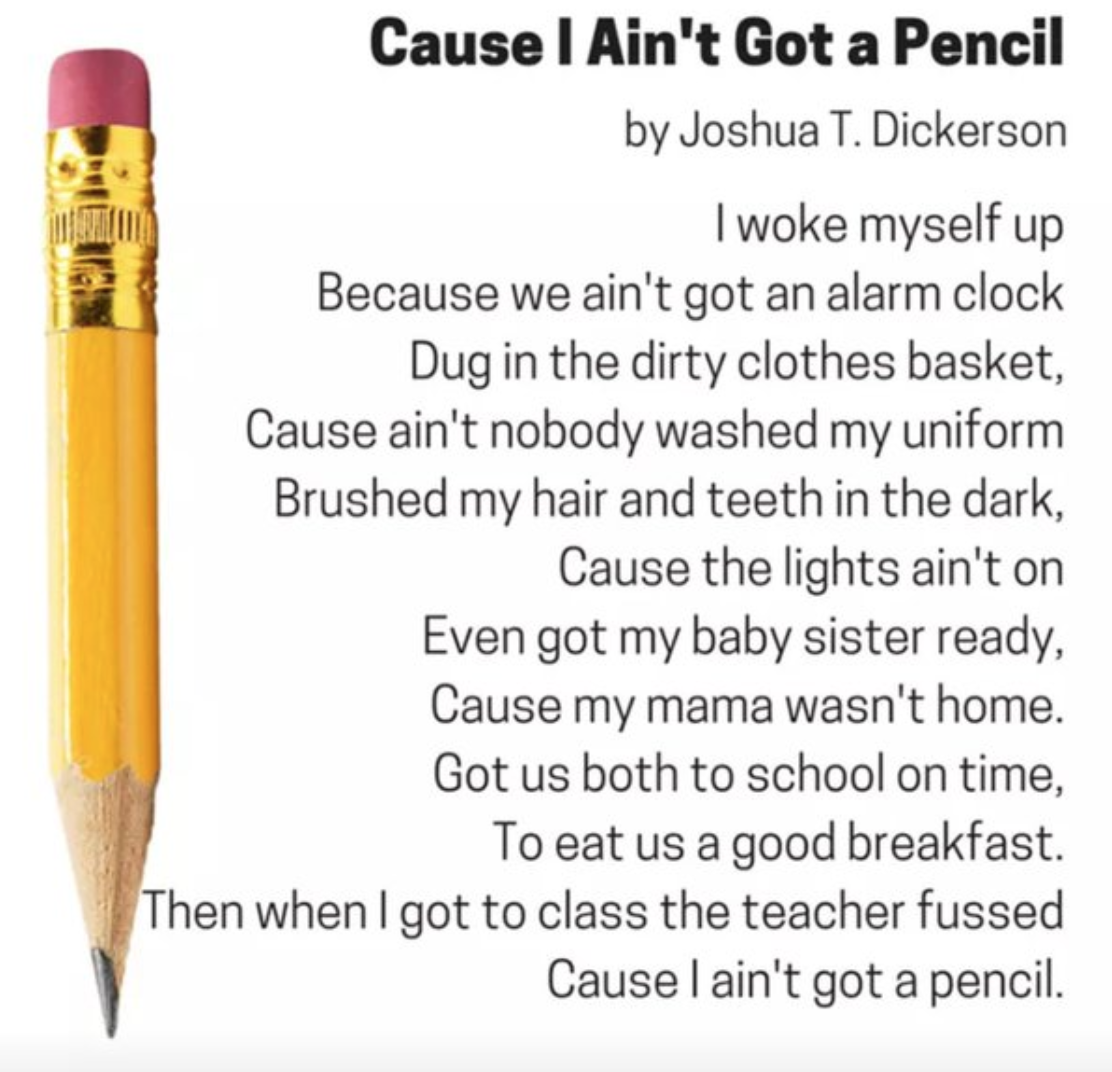But most students suck at presenting information and it's not their fault because in school they are judged on the knowledge they send.
Schools Suck At Teaching Oral Communication
First, most teachers don't teach students how to present well. This is because we were not taught ourselves and we tend to think it is what it is. We get stuck in thinking that student presentations are supposed to be boring and everyone just has to suck it up and grind it out through a day or two of class presentations. We the teachers did in our day so they have to now. But that's a bunch of flowers.
Second, the emphasis has always been on the content of the presentations. The rubrics mandate to include A through Z and how much detail for each topic. We don't teach what effective presentations look like because we're often not quite sure ourselves. We don't show what effective presentations look like, because we don't really know how to model them and/or have not developed any ourselves.
Now compare this to writing...
Outline. Check that. Redo or refine if necessary. 1st draft. Check that. Make it bleed red ink from the teacher's pen. 2nd draft. Check that. Make it bleed again albeit hopefully less this time. Refine/redo if necessary. Final draft. Grade. Rinse and repeat such essay writing throughout the school year. And that's just practice!
Before all of the above happens, students have been extensively instructed throughout their educational journey on essay writing, structure, language, and whatever else goes into it.
Can you tell I'm not an English teacher? But the point is that the writing skill is repeatedly practiced and continually developed and not just in high school.
If we examine student communication in groups we find it lacks too. While most have learned how to get along and not yell or throw objects or body parts at each other during differences of opinion by their junior year of high school most groups don't do real group work.
While the environment appears collaborative we observe some students check out while others take over. First, many school projects have little meaning to students. They're just means to ends: graduation, college, job.
Second, due to perpetual lack thereof little class time is devoted to work on the group work part of the group work. Just as is the case with individual presentations, collaboration is assigned but not explicitly taught. Sure they are mentioned at the beginning but collaborative skills, which rely heavily on effective oral communication are not reinforced, revisited, and reassessed throughout the school year.
It turns out that Content Is King in school just as much as it is online. The problem is that students often don't get to choose the content. It's passed down through the sacred scriptures of the Book of [Insert State] State Standards.
How To Fix It
Here's the no silver bullets deal:
Without significant time investment into teaching students how to communicate orally using visual aids, most students will graduate high school lacking these important success skills.
Currently, the status quo dictates teachers employ a content-heavy but light-on-soft-skill-building approach to educating students. And while students undoubtedly pick up such skills as they stumble through the educational system these skills are rarely deliberately taught in high school. Raise your hand and wait to be called on or don't cut in front of others while standing in the lunch line just don't cut it.
Ideally, the federal, state, and local governments lead a system-wide mind shift in how school time is allocated but that's some utopian world that has nothing to do with the real one our students, their parents, and ourselves live in.
It's safe to assume that the man and those who fill his coffers will not suddenly emphasize success-skill-building in any meaningful way so again it is up to individual schools and teachers to lead this change.
Spending class time teaching our students life and work success skills is best practice. It's time well-spent now and forever. It's time invested in their future, not someone else's agenda.
This will look different depending on where you find yourself. Some of us have more flexibility than others. Some can do more than others but we all can do more than we are doing now. Hey, if this job was easy anyone could do it right? I'm including a couple of resources you can use to help students improve their communication skills.
For teaching and delivering better presentations check out Please Call The Cops 'Cause You're Killing Your Students! and How To Use Visuals To Avoid Death.
For teaching more effective collaboration check out How To Transform Groupwork Into Collaboration.
For teaching effective speaking check out How To Speak So That People Want To Listen.
What You Can Do Right Now
If you agree with me thank you but that is not enough. Check out the resources just above and pick just one small, medium, or large thing you can start teaching your students, plan how and when to do it, and implement it in your classroom now.
You have the power to change lives. Use it often so they can change the world.









